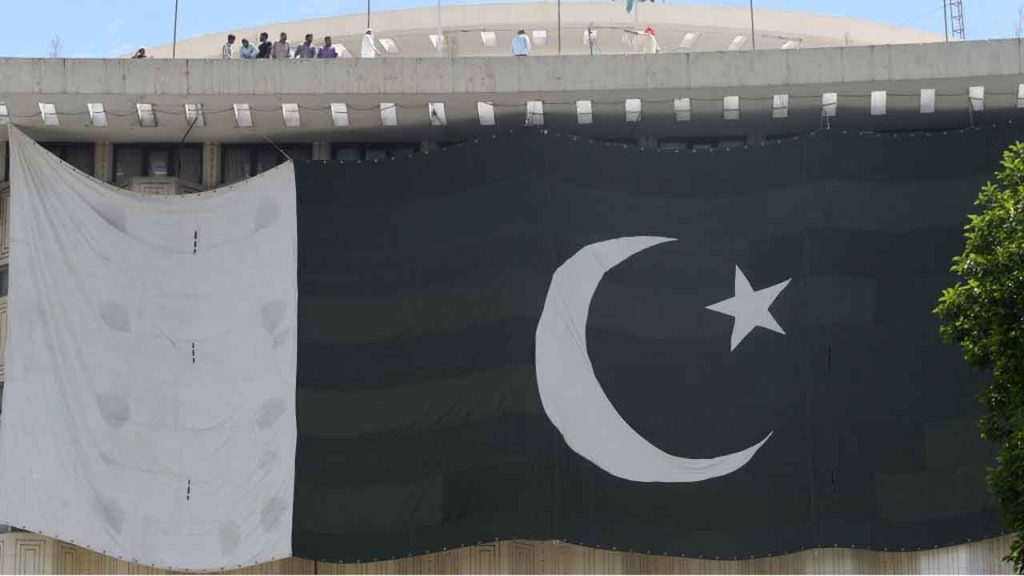The International Monetary Fund has approved the final $1.1 billion tranche of a $3 billion bailout for Pakistan in an effort to help the country overcome a severe economic crisis. Pakistan faced the threat of defaulting on foreign debts prior to the release of this tranche. In order to receive this bailout, the government was required to reduce certain subsidies, increase taxes, and implement other unpopular measures. The IMF has acknowledged Pakistan’s efforts to restore economic stability, with moderate growth returning, external pressures easing, and inflation beginning to decline.
The IMF’s deputy managing director and chair, Antoinette Sayeh, stated that Pakistan must continue with sound macroeconomic policies and structural reforms beyond the current bailout arrangement in order to create stronger, inclusive, and sustainable growth. Finance Minister Muhammad Aurangzeb has indicated that Pakistan plans to seek a long-term loan to further stabilize the economy once the current bailout package ends. While no specific figure was provided, it has been reported that Pakistan is seeking an additional $8 billion from the IMF over the next three years.
Pakistan’s economy has been struggling, with rising living costs and energy bills causing public discontent over the reduction of subsidies. However, the IMF has recognized the progress made by the country in restoring economic stability. It is important for Pakistan to continue with efforts to address the challenges ahead and pursue policies and reforms that will promote long-term growth. The approval of the final tranche of the bailout is a step towards helping Pakistan overcome its economic crisis and work towards a more stable and prosperous future.


